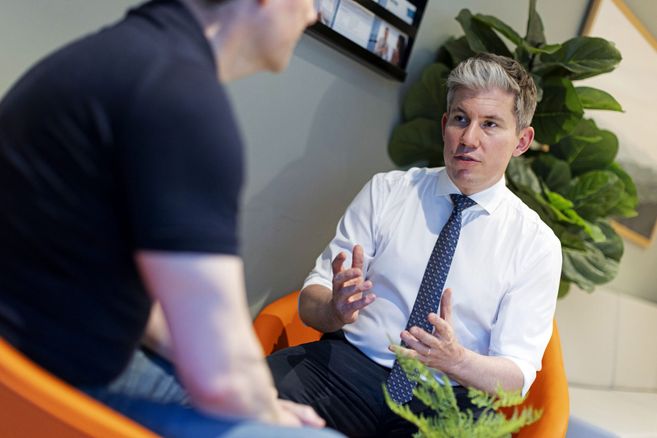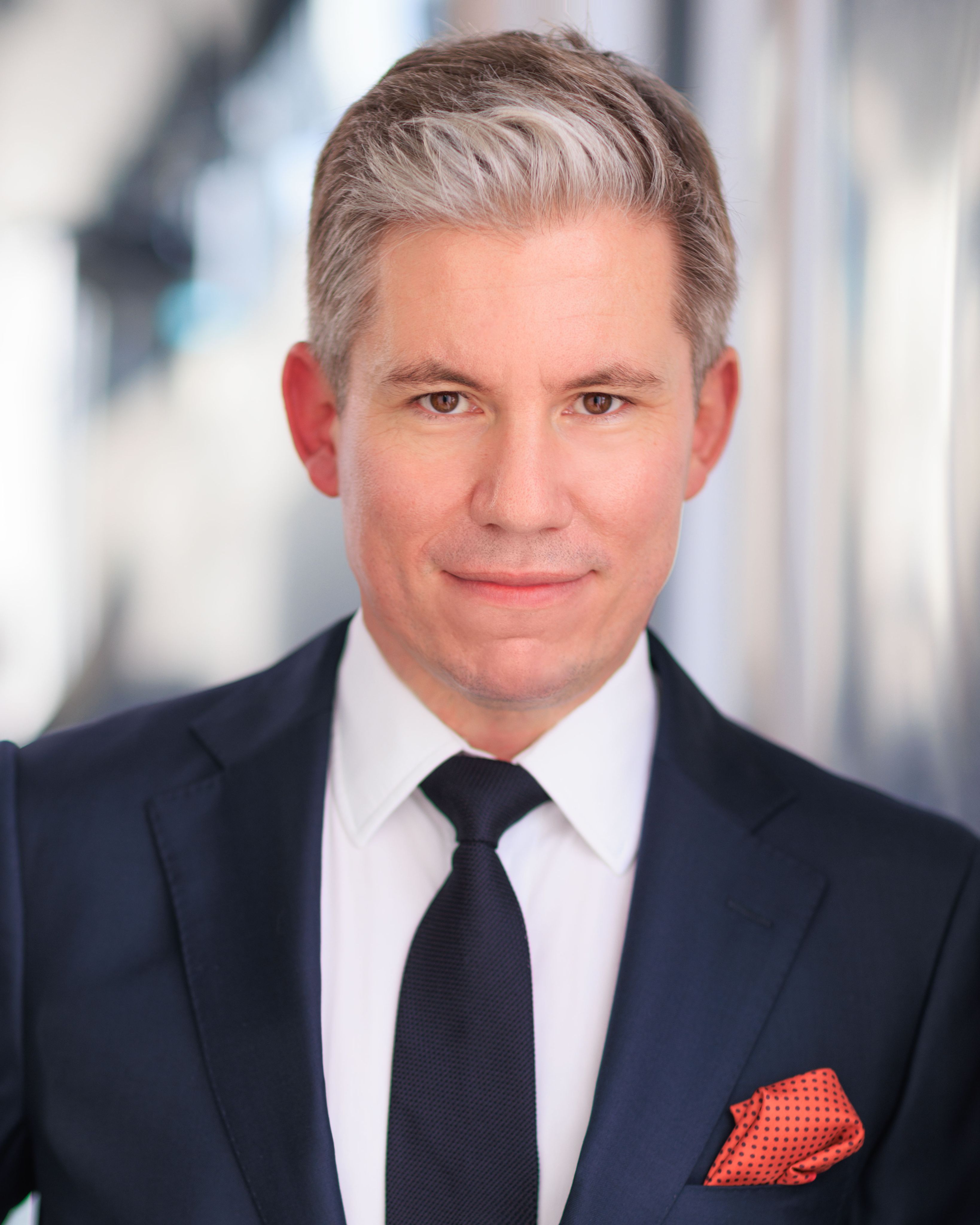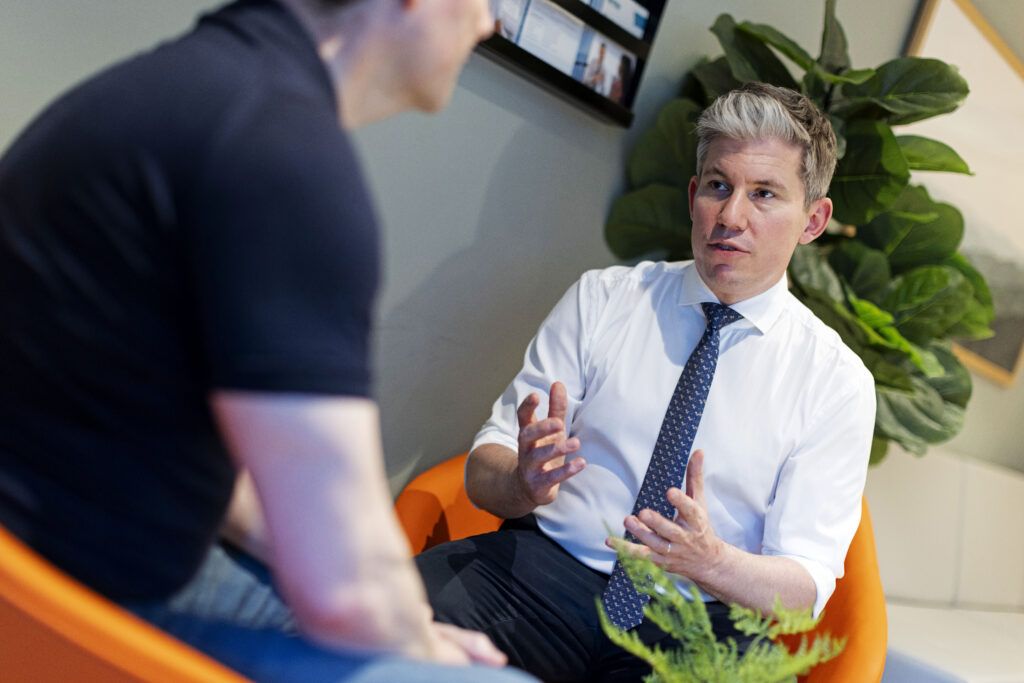Why I Chose a Career in Oncology
Oncology isn’t just a career - it’s a calling. Dr James Wilson reflects on his journey into cancer care, the rewards of the specialty, and why clinical oncology offers a unique blend of science, compassion, and purpose. A must-read for anyone considering a future in oncology.


Jump to:
- Is Oncology a Good Career Choice?
- How to Decide What Medical Career to Go Into: UK Perspective
- The Gift of Cure
- The Gift of Comfort
- Radiation Oncology Career: Combining Science and Compassion
- Careers in Oncology: The Complete Package
- Building Your Career in Oncology
- Is Oncology Right for You?
- The Future of Oncology Careers
- Conclusion: Is Oncology a Good Career Choice?
- By James Wilson
Is Oncology a Good Career Choice?
When medical students ask me “is oncology a good career choice?”, my answer is always an emphatic yes. For me, becoming an oncologist wasn’t just a career decision—it was a calling. I consider being an oncologist a vocation, not merely a job. I’m driven by a simple principle: to treat each person exactly as I would want to be treated, or how I’d want my family members to be treated.
Many doctors struggle with how to decide what medical career to go into. UK medical training offers numerous specialties, each with distinct challenges and rewards. In oncology, I found a perfect balance of scientific complexity, technical skill, and profound human connection.
How to Decide What Medical Career to Go Into: UK Perspective
For those wondering how to decide what medical career to go into, UK training provides many paths. Several factors helped me recognise that oncology was the right specialty for me.
First, I wanted intellectual engagement from a speciality that would challenge me scientifically throughout my career. Second, the precision of radiotherapy planning appealed to my detail-oriented nature. Additionally, I valued building long-term relationships with patients, which oncology offers abundantly.
Moreover, I found meaning in both curative work and improving quality of life for those we cannot cure. Finally, oncology involves collaboration with various specialists, an aspect I find energising and rewarding.
Is oncology a good career choice? For me, it’s perfect. The field combines remarkable diversity—from technical radiotherapy planning to nuanced conversations about treatment goals with patients and families.
The Gift of Cure
One of the most rewarding aspects of an oncology career is offering hope to people who’ve just received the earth-shattering news of a cancer diagnosis. Many of my patients achieve a cure. There’s nothing quite like discharging someone five years after their treatment with a clean bill of health. This creates a sense of fulfilment that few other medical specialties can match.
The Gift of Comfort
At the other end of the spectrum, as a clinical oncologist, I help people have a better death than they might otherwise experience. This isn’t something to shy away from—death comes to us all. When I can help someone have a more peaceful, comfortable, and settled death with fewer symptoms from their cancer, I consider that a tremendous gift. Giving patients back quality of life for whatever time they have by reducing their symptoms is incredibly meaningful work.

Radiation Oncology Career: Combining Science and Compassion
Is radiation oncology a good career? Absolutely. As a clinical oncologist specialising in radiotherapy and precision drug treatments, I get to combine two fascinating aspects:
-
The Science: A radiation oncology career path lets me explore the fascinating science of cancer biology and the physics of radiation treatment. This intellectual stimulation keeps the work fresh and engaging.
-
The Human Connection: Beyond the science, this career allows me to meet people at their most vulnerable, help them navigate their options, and find the fastest route to the care they need. I help patients clarify what they want from treatment and assemble the best team and most appropriate approaches to achieve their goals.
Careers in Oncology: The Complete Package
Oncology careers offer everything you might want from medicine. The field combines cutting-edge science with meaningful human connections. You’ll have opportunities to make profound differences in people’s lives while facing intellectual challenges and continuous learning. Additionally, you’ll work in team-based approaches to complex problems.
For anyone considering careers in radiotherapy and oncology, my advice remains simple: don’t hesitate. Jump in wholeheartedly. A clinical oncology career for UK practitioners offers tremendous professional satisfaction alongside opportunities to help people during their greatest times of need.
Building Your Career in Oncology
If you feel drawn to this field, several pathways await exploration. Clinical oncology focuses on both systemic treatments and radiotherapy. Alternatively, radiation oncology specialises in radiotherapy planning and delivery. Some choose medical oncology, focusing on drug treatments, while others pursue academic oncology, combining research with clinical work.
My clinical oncology career has proven exceptionally rewarding. Each day brings new challenges yet also offers new opportunities to make meaningful differences in patients’ lives.
Is Oncology Right for You?
When asking “is oncology a good career?”, consider whether certain aspects of the field resonate with you. Do you find cancer science fascinating? Can you communicate complex information compassionately? Are you comfortable discussing mortality? Do you value making profound differences in patients’ lives? Can you maintain emotional resilience while connecting genuinely with patients?
If these questions speak to your values, oncology might become your calling too.
The Future of Oncology Careers
The future looks promising for those considering oncology careers. Advances in precision oncology, immunotherapy, and radiation techniques are transforming cancer treatment possibilities. You can see this clearly in how lung cancer treatment has evolved in recent years, for example, with survival improving as newer therapies and combinations become standard of care. Consequently, this makes now an exciting time to enter the field.
Whether you’re considering radiation oncology or medical oncology, you’ll find immense opportunities to make differences. Few medical specialties offer the same combination of scientific innovation, human connection, and meaningful impact.
Conclusion: Is Oncology a Good Career Choice?
Is oncology a good career choice? Based on my experience, the answer is unequivocally yes. Few medical specialties offer the same blend of scientific challenge, technical skill, and profound human connection.
When considering how to decide what medical career to go into, UK doctors should reflect on what truly motivates them. For me, oncology provided the perfect combination of intellectual stimulation and meaningful human connection.
A career in oncology gives you the rare privilege of helping people through their darkest hours while also celebrating remarkable victories. Moreover, the rewards—measured not in financial terms but in lives touched and suffering eased—extend beyond measure.
If you’re considering this field, I encourage further exploration. Talk with practicing oncologists, observe in clinics, and discover if this vocation calls to you as it did to me. It might become the most rewarding professional decision you ever make.
If you’d like to learn more about my path into this work and how it fits with the rest of my life, I’ve shared more in a short piece on who I am as Dr James Wilson – and who I’m not.
By James Wilson
Dr. James Wilson is a Consultant Clinical Oncologist specialising in lung cancer and skin cancer treatment. With qualifications including MBBS (Hons with Distinction), DPhil, MRCP, and FRCR, he trained at world-renowned institutions including Oxford University, the Royal Marsden Hospital, and Massachusetts General Hospital. Dr. Wilson practices at leading London private hospitals, including The Cromwell Hospital, The London Clinic, and Proton International London. He offers advanced radiotherapy treatments, including SABR/SBRT with high-precision technology. Dedicated to patient-centred care, Dr. Wilson provides video consultations for patients throughout the UK and internationally. Patients praise his expertise, compassion, and commitment to delivering exceptional cancer care using the latest treatment advances.